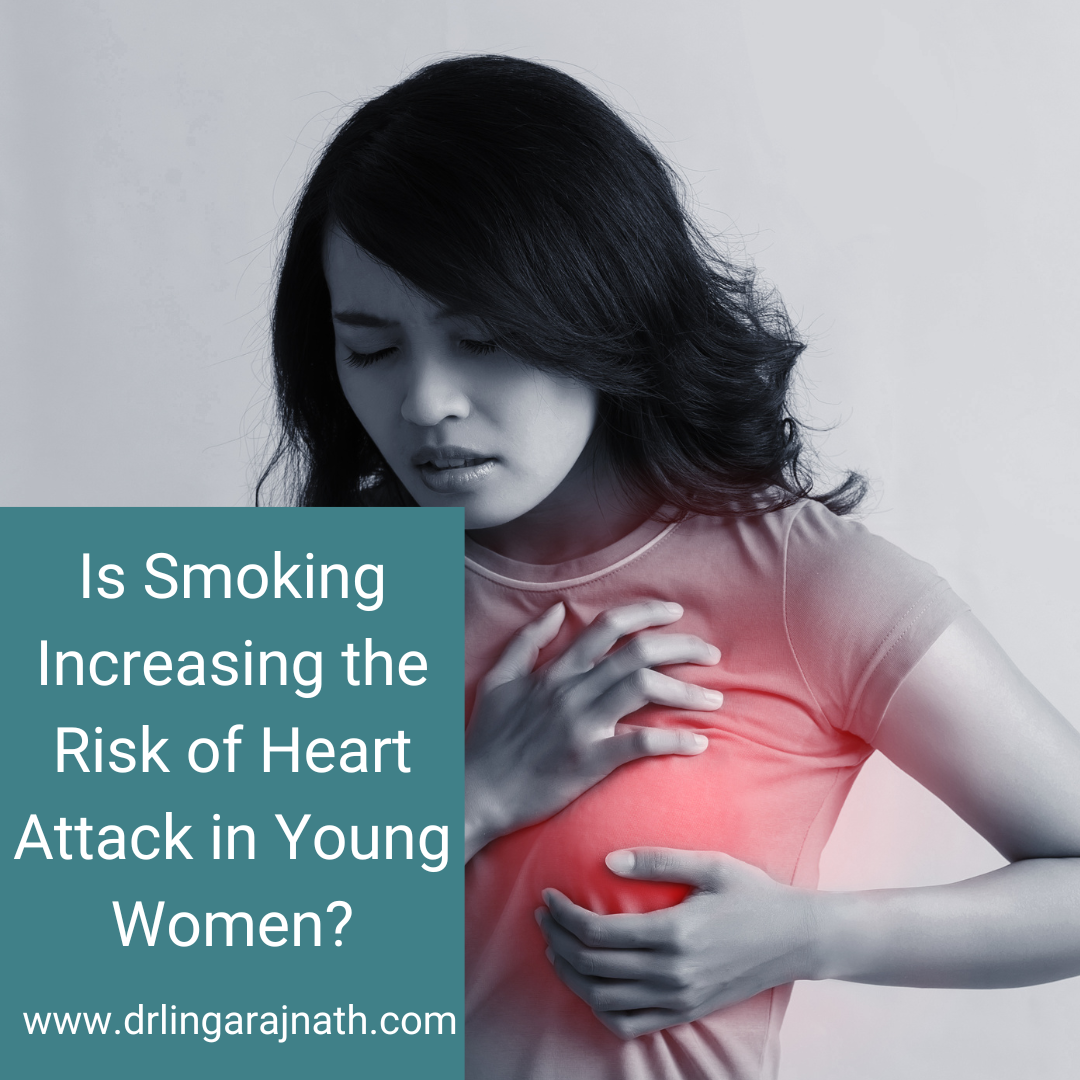
According to a recent study published in a British journal, India has the second-highest proportion of female smokers in the world, right after the US. If you’re a smoker, you likely know that it’s harmful to your health, yet the appeal of smoking often lies in the temporary pleasure and buzz it provides. However, cardiologists around the globe emphasize that smoking is highly addictive, making it tough to quit even if you want to.
No matter your reasons for smoking, the reality is that you’re damaging your health. Cigarette packs come with warning labels for a reason: “Warning: Smoking may cause irritation, impatience, aggressiveness, anxiety, sadness, difficulty focusing, restlessness, reduced heart rate, hunger, or weight gain.” And that’s just the start.
Nicotine disrupts the chemical balance in your brain, giving you feelings of relaxation, reduced anxiety, and increased energy with each puff. But when you try to cut back on cigarettes, you can experience withdrawal symptoms like headaches, fatigue, dizziness, and a general sense of discomfort. It’s no wonder so many people become addicted.
It’s time to consider the impact on your heart.
Smoking poses a significant risk to your heart health. Cardiologists warn that smoking doubles or even quadruples your risk of heart disease and stroke. Moreover, women who smoke have a 25% higher risk of developing heart disease compared to men who smoke. Lifelong smoking can shorten your lifespan by 13-14 years. Contrary to popular belief, smoking doesn’t only raise the risk of lung cancer.
Here are some ways smoking damages your heart:
- Nicotine increases your heart rate and blood pressure.
- Tobacco and carbon monoxide reduce the oxygen supply to your heart, brain, and arteries.
- Smoking damages blood vessels and makes blood sticky, leading to blood clots.
- It lowers your physical activity tolerance and decreases HDL (good) cholesterol.
Using oral contraceptives while smoking raises your blood pressure and increases your risk of stroke and heart attack. Experienced cardiologists have observed the harmful effects of smoking on nearly every tissue and organ in the body, including the heart, lungs, tongue, throat, kidneys, cervix, and pancreas. Non-smokers with high blood pressure or cholesterol are at even greater risk of heart disease when exposed to second-hand smoke.
If that isn’t alarming enough, consider this: cigarettes contain 4,000 chemical components, at least 250 of which are harmful to human health. These chemicals are used in rubber production, wood preservation, battery fabrication, driveway and road paving, and even nuclear reactor construction. This is what you inhale with each puff. Is it any wonder smoking promotes heart disease?
But there’s hope! The good news is that quitting smoking can cut your risk of heart disease and stroke in half within just the first year, and it continues to decrease until it matches that of a non-smoker. It’s time to prioritize your health and the health of the women you care about. If you’re concerned about your smoking habit, it’s advisable to consult an experienced cardiologist who can guide you on maintaining a healthy heart.
Dr. Lingaraj Nath, is one of the Renowned Cardiologist in Bhubaneswar having 16 years of Experience as Interventional Cardiologist. Dr. Nath is practicing as Director of Cardiology and Sr. Consultant at Manipal Hospitals, Bhubaneswar.




